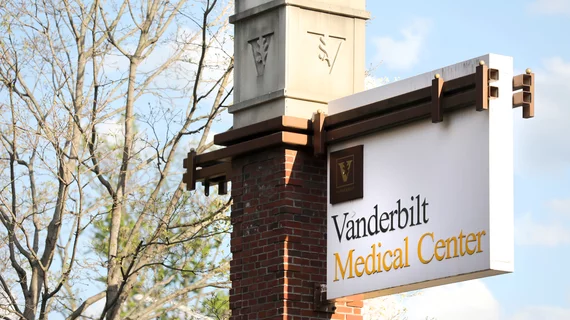Vanderbilt scores $3.2M NIH grant to analyze MRI's role in improving epilepsy surgery
Epilepsy remains difficult to treat, with medication often having limited effect and surgical interventions lacking clear guidelines, mostly due to an incomplete understanding of brain connectivity as it relates to the condition.
Building upon an ongoing body of research published by researchers at the Vanderbilt University Medical Center (VUMC), along with Vanderbilt University and the University of Pennsylvania, have received a $3.2 million grant from the National Institute of Health (NIH) to develop novel brain network-based measures to guide surgical decisions and improve outcomes related to epilepsy surgery.
According to a statement announcing the five-year grant, this new project will combine MR imaging and sophisticated neurological analyses of brain function, such as neurostimulation and intracranial recordings, to develop new brain network-based tools that will improve the understanding of surgical interventions for epilepsy, allowing physicians to better identify patients who would benefit.
“Our traditional tools to determine where seizures start and to guide which surgery is best for an individual patient are imperfect and usually do not consider the brain network alterations that lead to epilepsy,” Dario Englot, MD, PhD, from VUMC said in the statement. “Our goal is to develop novel network-based measures that can be applied broadly at epilepsy centers to guide surgical decisions and improve outcomes.”
Alongside Englot at VUMC is a team of investigators who will help define epileptic networks and develop statistical modeling, all aimed at improving clinical guidelines for epilepsy.
The research is supported by the National Institute of Neurological Disorders and Stroke of the NIH.

